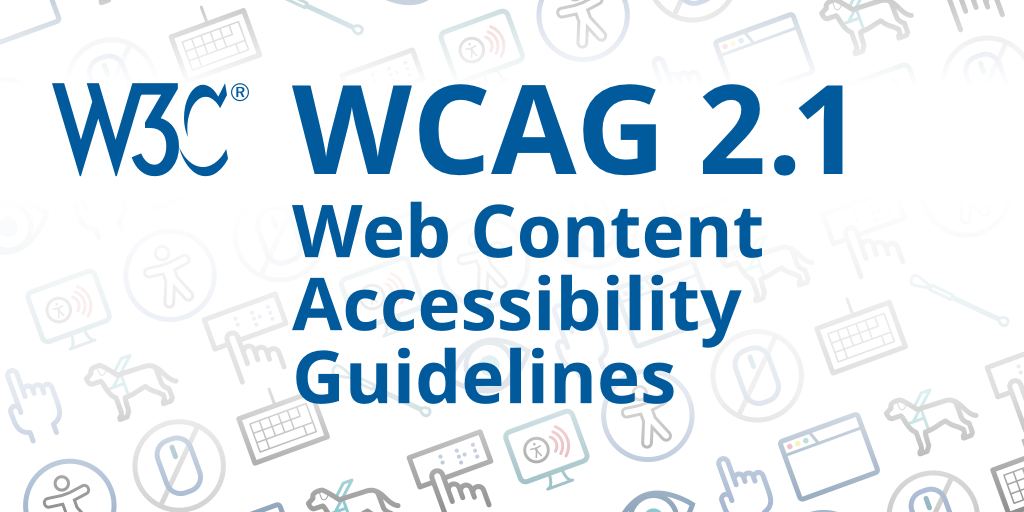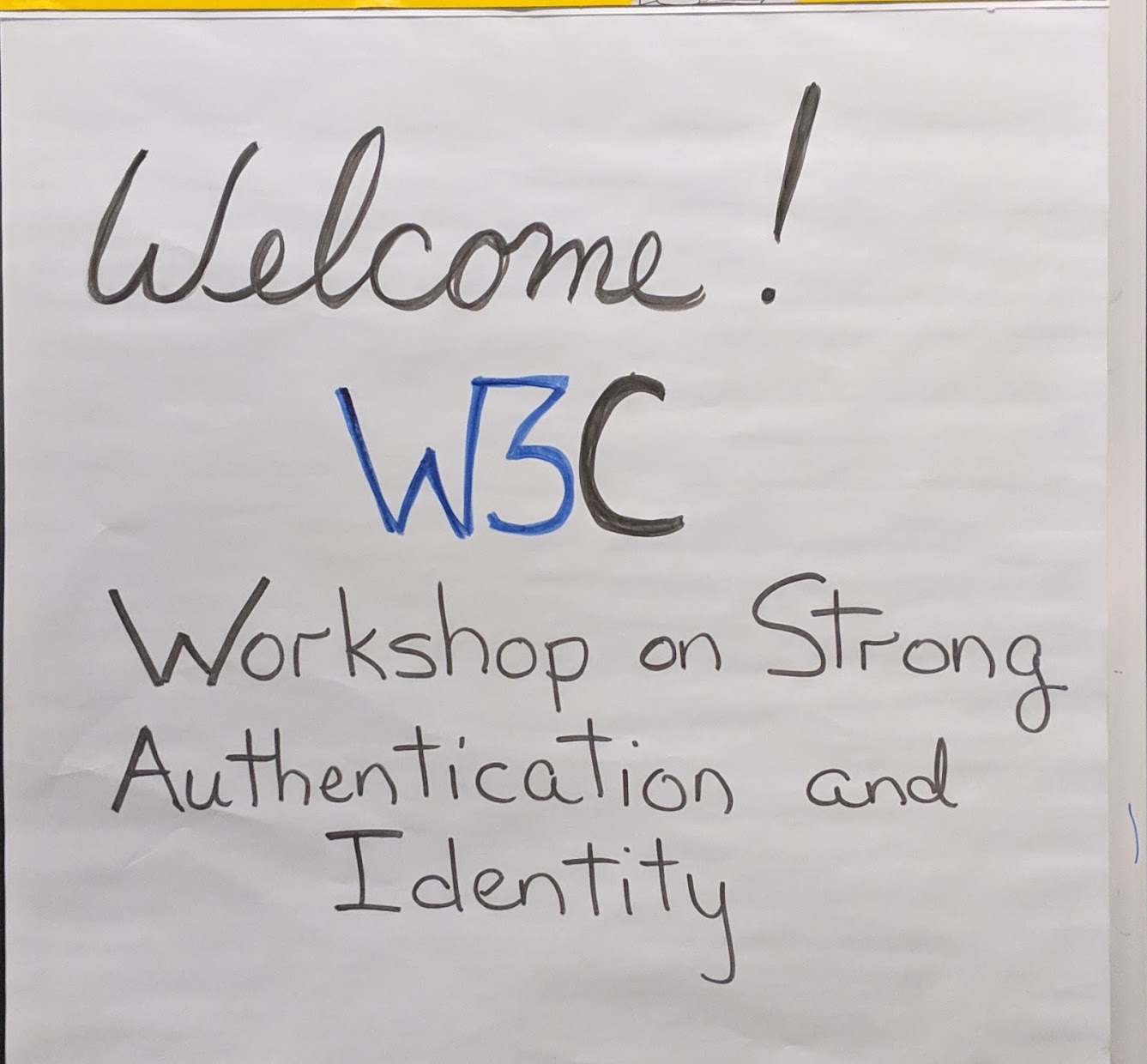News
Authorized Translation of WCAG 2.1 in Simplified Chinese
11 March 2019 | Archive
 Today W3C published the Simplified Chinese Authorized Translation of Web Content Accessibility Guidelines (WCAG) 2.1, Web内容无障碍指南 (WCAG) 2.1, contributed by Zhejiang University. The translation is delivered in support of updates to the draft China National Standard on Information technology – Internet content accessibility technical requirements and conformance testing, which refers to WCAG 2.1.
Today W3C published the Simplified Chinese Authorized Translation of Web Content Accessibility Guidelines (WCAG) 2.1, Web内容无障碍指南 (WCAG) 2.1, contributed by Zhejiang University. The translation is delivered in support of updates to the draft China National Standard on Information technology – Internet content accessibility technical requirements and conformance testing, which refers to WCAG 2.1.
Translations in other languages are listed in WCAG 2 Translations. W3C Web Accessibility Initiative (WAI) particularly encourages the development of Authorized Translations of WCAG 2.1 and other technical specifications to facilitate their adoption and implementation internationally. Read about the Policy for W3C Authorized Translations.
W3C Workshop Report: Strong Authentication and Identity
11 March 2019 | Archive
 W3C published today the report of the W3C Workshop on Strong Authentication and Identity, held on 10-11 December 2018, in Redmond, WA (USA).
W3C published today the report of the W3C Workshop on Strong Authentication and Identity, held on 10-11 December 2018, in Redmond, WA (USA).
W3C brought community experts together for a series of discussions on strong authentication and identity. We looked at standards work in-progress on Web Authentication and Verifiable Claims, and opportunities for future work including Distributed Identifiers and Attestation. Participants shared motivating use cases that could be aided by web technology, from web application sign-on to supply-chain tracking, government services provision, license authorization, health care, and financial transactions. Presentations and breakout discussions helped to identify gaps and interfaces between work areas. The workshop report describes current state of the art, and offers pointers to new work proposals in and around the W3C community.
W3C thanks Microsoft for hosting, the Program Committee for organizing, and all the participants for their contributions.
Upcoming: Second W3C Workshop on the Web of Things
6 March 2019 | Archive
 W3C announced today a Second Workshop on on the Web of Things, 3-5 June 2019, in Munich, Germany. The event is hosted by Siemens.
W3C announced today a Second Workshop on on the Web of Things, 3-5 June 2019, in Munich, Germany. The event is hosted by Siemens.
This workshop disseminates the findings of the W3C Web of Things Working Group based on its standardization work and discuss the way forward with a wider set of stakeholders. To unlock the potential of an open ecosystem and open markets, the workshop will discuss how to reduce fragmentation of the IoT landscape and the future direction of the open W3C WoT standardization. A focus is on exposing and consuming services across specific IoT technologies to enable new use cases, such as common monitoring and control of assets from multiple vendors, interconnecting different application domains, and building digital twins of physical devices.
The scope includes:
- Cross-Domain Business Models, Use Cases and Scenarios:
- Interoperability scenarios for consumer, industrial, environmental, energy management, healthcare, automotive and smart cities
- Building a common IoT application ecosystem (tools, marketplaces, security, etc.)
- Interworking across evolving IoT standards (e.g., OCF, OPC, LWM2M, OneM2M, etc.)
- Standardization Needs:
- Architecture
- Applications
- Security and privacy
For more information on the workshop, please see details and submission instructions. Expression of Interest and position statements are due by 7 April 2019.
First Public Working Draft: User Timing Level 3
5 March 2019 | Archive
The Web Performance Working Group has published a First Public Working Draft of User Timing Level 3. This specification defines an interface to help web developers measure the performance of their applications by giving them access to high precision timestamps.
